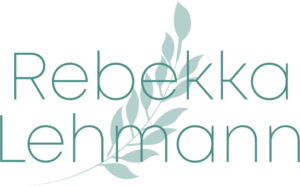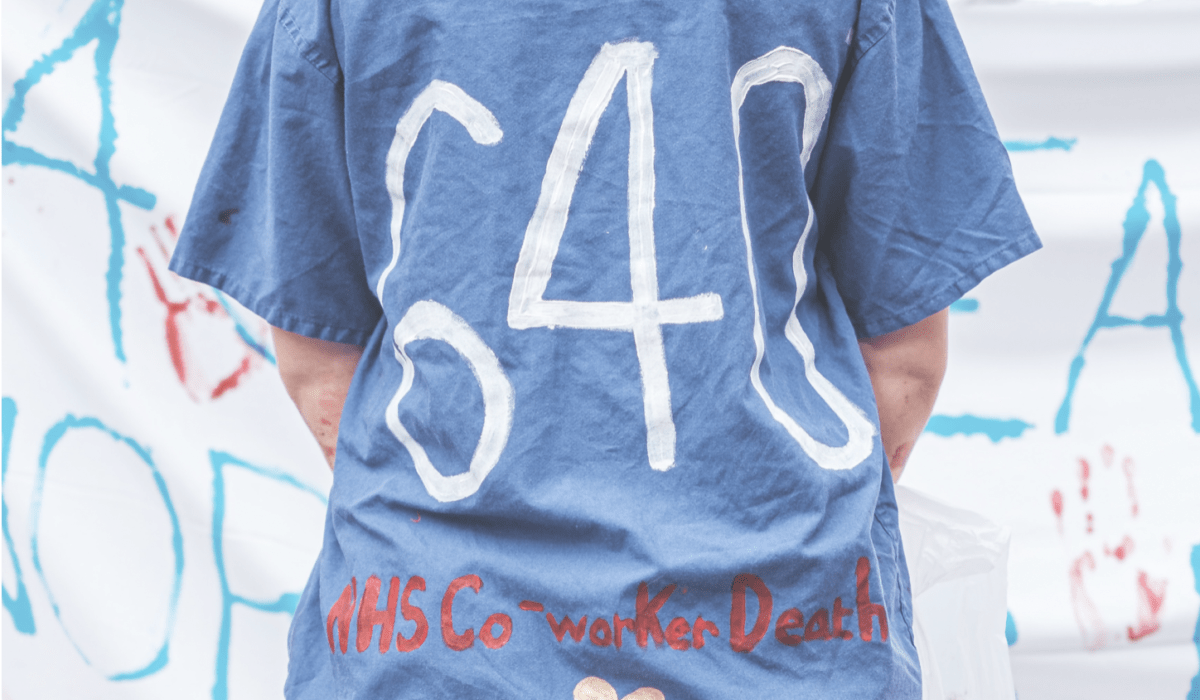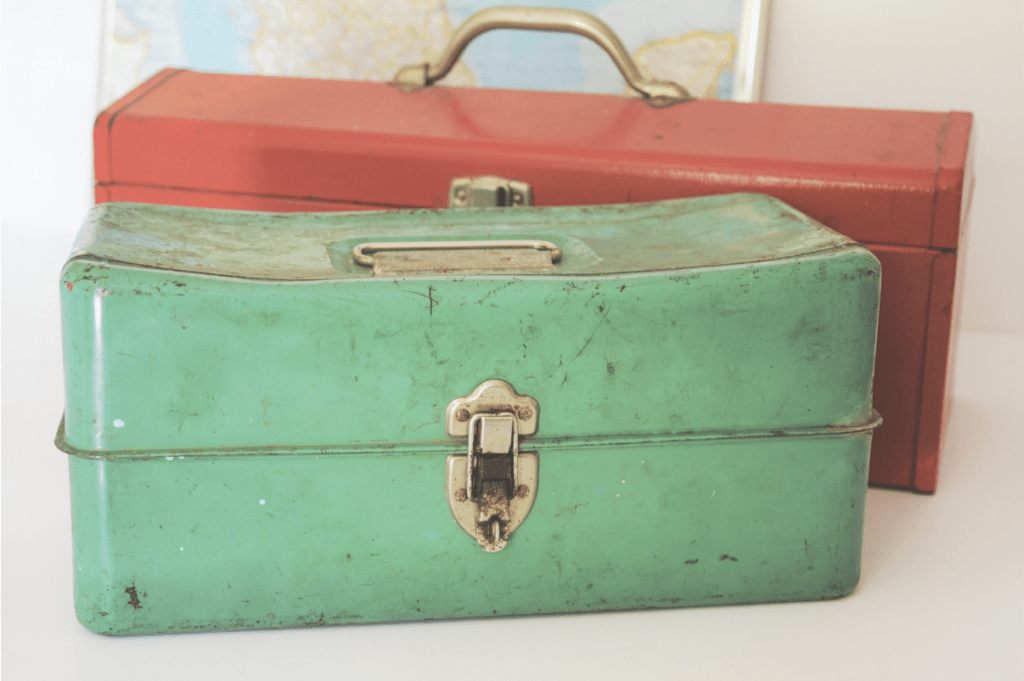The current pandemic has made dysfunctional structures in our healthcare system more apparent. A reflection on “essential work”.
“It shouldn’t be risky to choose yourself, but we live in a society that priorities capital and productivity over people. Choosing you is a rebellious act.” ~ Lindsay Umlah
All of us have been impacted by the COVID-19 pandemic in one way or another.
Some of us started to work from home, lost our jobs, had to juggle childcare, and work under one roof, or were separated from our loved ones for extended periods of time.
The word “essential” has taken on a completely different meaning during this period of struggle.
Essential work is defined as services that are crucial to the functioning of society. If this kind of work was interrupted, it may be potentially threatening to the life, personal safety, or health of a country’s population.
One of these essential industries is the healthcare system and its employees who are still at the forefront of this pandemic, saving peoples’ lives while risking their own.
And while some countries have managed to reward their healthcare personnel with bonuses and started to call them heroes, this isn’t even closely proportional to the risk they’re taking for their personal health and the health of their families.
This isn’t a new problem.
The current pandemic has only made dysfunctional structures in our care system more apparent. In our Western society, there is no appropriate appreciation, monetary or otherwise, for those who work in the care provider system.
Since we, as helping professionals, are often emotionally invested in our work, it may be difficult to acknowledge the mistakes that the organizations we work for make. These mistakes affect us, and sometimes, the fight seems to be “never-ending” as one of my former colleagues at a refugee camp once told me.
Helping professionals fight for the losers of the capitalist system. As productivity and capital are prioritized, people become second-class citizens. As helpers advocate for the rights and well-being of members of the vulnerable and discriminated groups, the larger system decides who is most worthy of our attention, time, and money, and prevents marginalized groups from accessing basic needs while excluding them from society and creating a basis for systemic oppression.
A social worker I once talked to about this topic told me that she is asking herself if she wants to serve as a human buffer only to be exploited by these systemic issues. This shows how the culture of exploitation is visible, not only on the societal level but also within the structures of our organizations. It’s only logical to assume that this kind of culture also has a direct effect on the people we’re trying to help.
So, where do we start?
First, I believe it’s crucial to acknowledge that we’ve always been essential.
We’ve been essential in providing physical, emotional, and spiritual well-being to those we serve. We’ve been essential in raising, educating, and teaching the next generation. We’ve been essential in making sure the ones that are overlooked by the majority of society can live a life filled with dignity. We’ve been essential in taking care of the sick, the elderly, and the helpless.
Secondly, I believe that reforming this rigged system is inevitable. Politicians have to make a conscious decision if our world should continue to be driven by economic gain or moral values, and what that says about us as humans. We should use our vote for those who do understand this issue.
But I also believe that each of us has to acknowledge our role in shaping the systems and organizations we’re a part of.
We have a chance to be role models and change our interactions with our patients, clients, colleagues, and bosses, so we can see the ripple effects on a bigger scale.
If you’re an essential worker, I invite you to reflect on your experiences during this pandemic. Have the systems you work in changed since the beginning of this pandemic? How?
Thank you for your important work in this world.
If you’re a helping professional and are in need of support, feel free to explore my services and reach out.
This article was originally published on Elephant Journal on November 6, 2021.
Editing credits: Rasha Al Jabi. To see the original article, click here.




